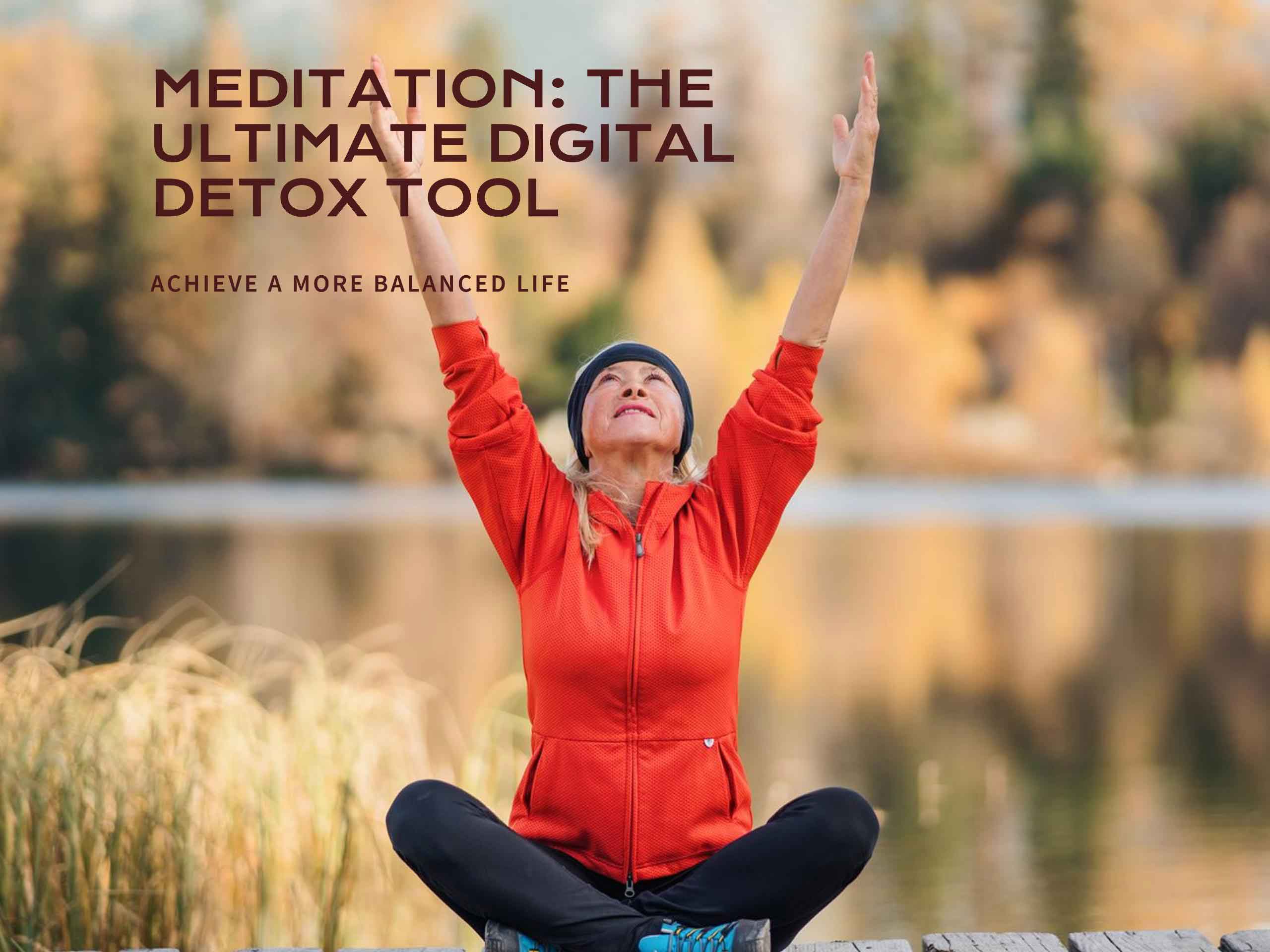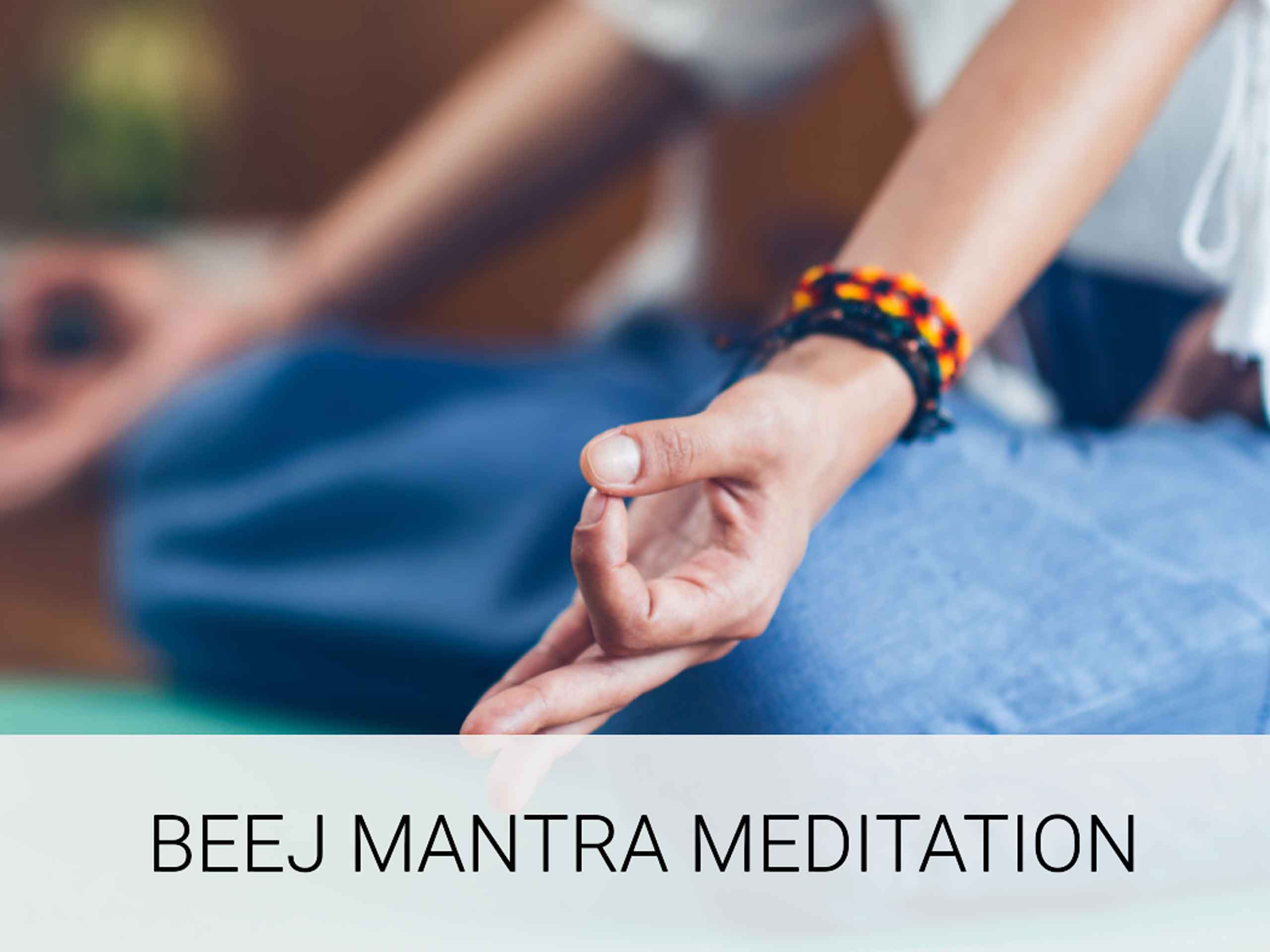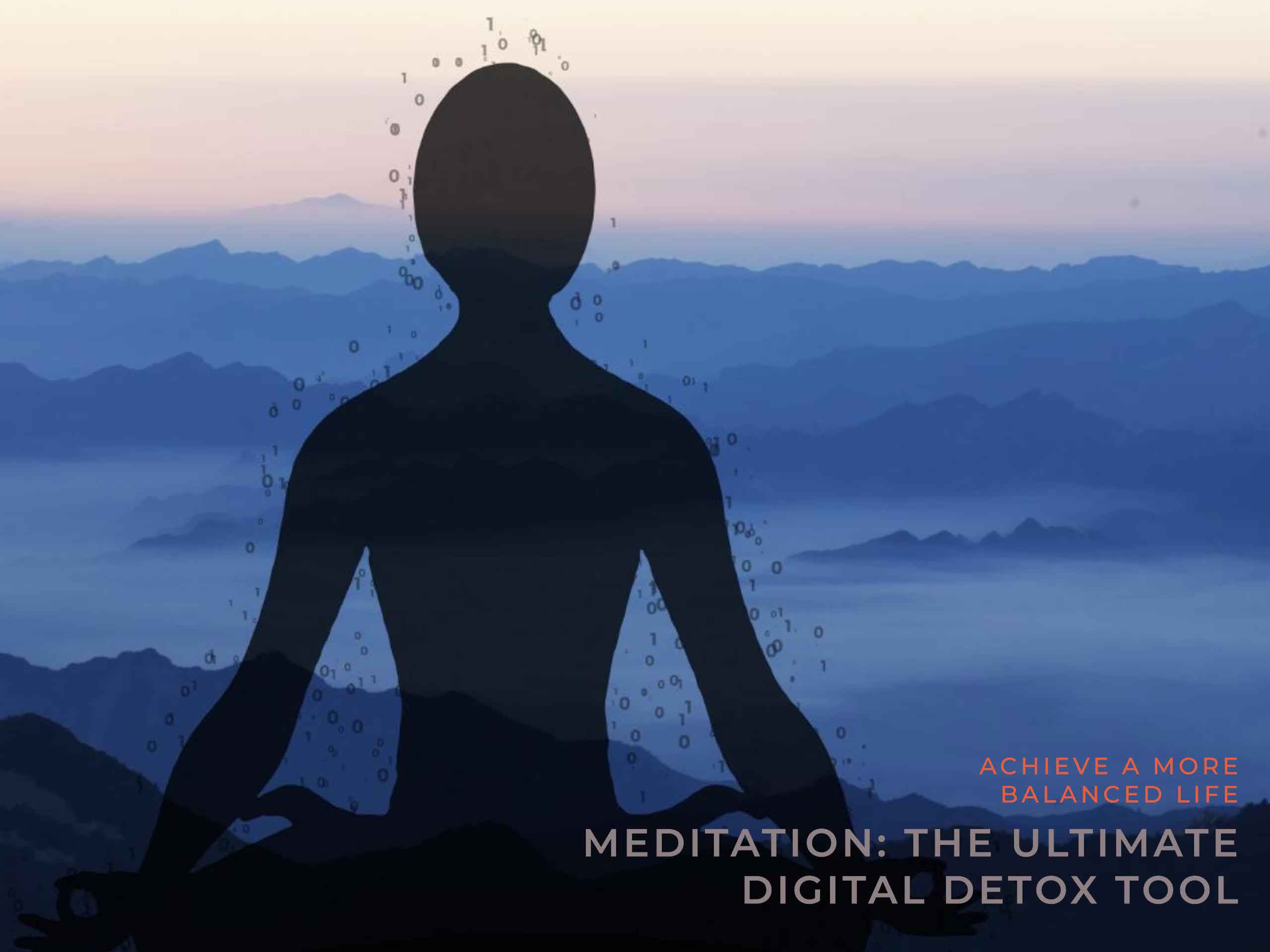Meditation: The Ultimate Digital Detox Tool for a More Balanced Life

In today's digital age, our lives are increasingly connected to screens. From smartphones and laptops to tablets and TVs, we're constantly bombarded with visual stimuli. While technology has brought numerous benefits, excessive screen time can have detrimental effects on our physical and mental well-being. This is where digital detox and meditation come into play.
What is Digital Detox?
Digital detox refers to a period of time where individuals intentionally disconnect from electronic devices. This can involve limiting screen time, turning off notifications, or even completely abstaining from technology for a designated period. The goal is to reduce the negative impacts of excessive screen exposure and promote a healthier lifestyle.

Benefits of Digital Detox
- Improved sleep quality: Excessive screen time, particularly before bedtime, can disrupt sleep. Reducing screen exposure can help regulate sleep hormones and improve overall sleep quality.
- Enhanced mental health: Constant exposure to screens can contribute to feelings of stress, anxiety, and depression. Digital detox can provide a much-needed break from the constant stimulation and promote a sense of calm and well-being.
- Increased productivity: While technology can enhance productivity, excessive screen time can lead to distractions and decreased focus. Digital detox can help improve concentration and boost overall productivity.
- Improved relationships: Spending less time with screens can lead to more meaningful interactions with loved ones and foster stronger relationships.
The Role of Meditation
Meditation is a powerful tool that can complement digital detox. By cultivating mindfulness and present-moment awareness, meditation can help individuals develop healthier relationships with technology. Here's how meditation can support a digital detox:
- Mindful awareness: Meditation helps individuals become more aware of their thoughts, feelings, and behaviors, including their patterns of screen use. This awareness can empower them to make conscious choices about how they spend their time.
- Stress reduction: Meditation is effective in reducing stress and anxiety, which can be exacerbated by excessive screen time. By cultivating a sense of calm and inner peace, meditation can help individuals cope with the challenges of the digital age.
- Improved focus and concentration: Regular meditation practice can enhance focus and concentration, making it easier to resist the temptation to engage with screens unnecessarily.
- Healthy habits: Meditation can help individuals develop healthier habits, such as setting boundaries around screen time and prioritizing activities that promote well-being.

Tips for Incorporating Meditation into Your Digital Detox
- Start small: Begin with short meditation sessions and gradually increase the duration as you become more comfortable.
- Find a quiet space: Select a tranquil setting free from disturbances.
- Experiment with different techniques: There are many different meditation techniques to explore, so find one that resonates with you.
- Be patient: Meditation is a skill that requires time to develop. Don't get discouraged if you find it challenging at first.
By combining digital detox with meditation, individuals can take a proactive approach to managing their relationship with technology and promoting a healthier, more balanced lifestyle.
#Meditation #DigitalDetox #MentalHealth #Mindfulness #Wellness #SelfCare #BalancedLife #HealthyHabits
Photo: @Freepik, @unsplash @Microsoft Designer

